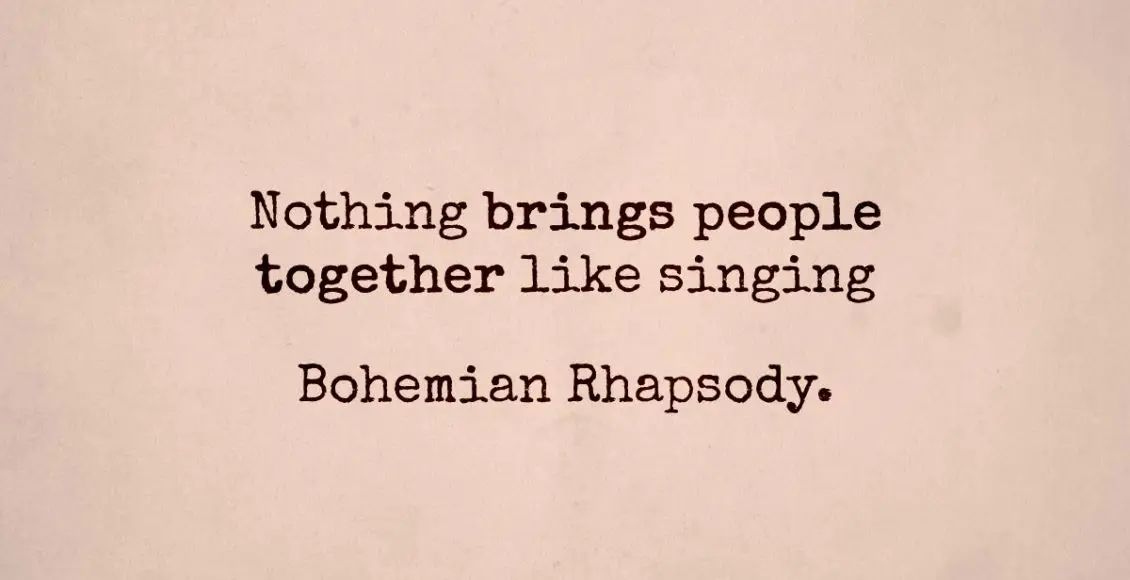What drove humans to start making music?
While some say it functioned as a mating call, others suggest we used rhythm and loud noises to keep predators at bay.
But according to a study, songs from all over the globe share many common features, such as rhythm and pitch, which lends validity to another theory: music was developed as a way to bring people together.
Regardless of skepticism about the presence of universally cross-cultural aspects of music, the study brings forth strong evidence for the existence of commonalities in global music. The results, which are published in the Proceedings of the National Academy of Sciences (PNAS), bolster the idea that music is a highly powerful social glue that helps in bonding societies together.
Pat Savage, a PhD student from the Tokyo University of the Arts and lead author of the study says: “It may be a little bit of a no-brainer, but for a long time, I think, people had this idea of music being an individual expression,”
“But throughout the world, it’s almost always in groups and seems to almost always be about bonding these groups together.”
The researchers analyzed a number of 304 stylistically diverse music recordings from all across the world in order to reveal common features. And even though they found no absolute universals, they found many features that were consistently present in a majority of songs across various world regions. Those included universal features related to rhythm and pitch as well as social context and commonalities between musical features.
They combined a new way of classifying music, originally pioneered by well-known American music archivist and collector, Alan Lomax, whose music was extensively sampled by Moby’s late 90s album Play, with common across the world statistical analysis.
The findings showed that rhythms based on two to three beats could be found in music from all the sampled regions – Europe, North, Central and South America, Africa, South Asia, the Middle East, Oceania, East Asia, and Southeast Asia.
“In the West we can sometimes think of music as being about individuals expressing themselves or displaying their talent, but globally music tends to be more of social phenomena. Even here we see this in things like church choirs, or the singing of national anthems. In countries like North Korea we can also see extreme examples of how music and mass dance can be used to unite and coordinate groups.” said Thomas Curry from the University of Exeter and co-author of the study.
“My daughter and I were singing and drumming and dancing together for months before she even said her first words. Music is not a universal language… music lets us connect without language.”, Savage added.
What kind of music do you feel is the most bonding in your experience? Let us know in the comment section below.



